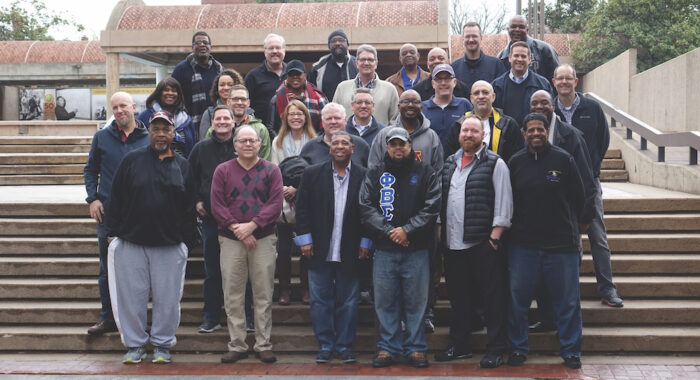In a culture that is increasingly cynical, trust in American institutions continues to decline at an alarming rate. Religious institutions are not immune to this. Data shows that trust in churches continues to decline for a variety of reasons, including the self-perpetuating negative news cycle, a plethora of sexual abuse scandals and a general lack of transparency and humility from the Church as a whole.
While the data may seem bleak, the solution to institutional failure in America is not tearing down all institutions, but reforming those institutions with the intention of being transparent, humble and accountable. If we want to see trust in the Church regained, we must reform it to be an institution that’s legitimately worthy of people’s trust.
Churches and church leaders can start doing this by showing radical humility in areas where there has been failure. This looks like church leaders being willing to admit fault in their own lives, and also being willing to be honest about areas of failure in the church’s history. Acknowledging the wrong, showing what’s been learned and how the church will respond going forward is the first step to recovering lost trust.
Churches also should consider expanding how they model transparency, especially in relation to finances. Data shows that when an organization has salary transparency, there’s more equity between men and women and between white people and people of color. In a culture where the public is increasingly cynical of religious institutions, transparency in relation to revenue, expenses and salaries is one step churches can take to rebuild trust.
Churches should also consider the outcasts in society and find a way to lift their burdens. This is a way to follow Christ’s call to love our neighbor, but also an opportunity to build trust in the community. For example, what difference could a church make by paying off kids’ school lunch debt? Churches can meet needs that would have a lasting impact on communities and would show other institutions (hospitals, schools, etc.) that the church genuinely cares about those in the community.
This is the only way people will know us for what we’re for, not just for what we’re against. We must change the narrative if we want people to see the Church as an entity that is humble, transparent and worthy of trust.
Listen to Ryan Burge discuss The Rise and Fall of Institutions ![Arrow]()
Ryan Burge currently serves as associate professor of political science at Eastern Illinois University where he teaches about American institutions, political behavior and research methods. Also a researcher, Burge focuses primarily on the study of the interaction between religion and politics. He has authored over 20 peer reviewed journal articles and is the author of several books, including: “The Nones: Where They Came From, Who They Are, and Where They Are Going” and “20 Myths About Religion and Politics in America.” Burge also has served as a pastor in the America Baptist Church for over 15 years. He graduated from Southern Illinois University—Carbondale with his doctorate of philosophy.




 View All Articles
View All Articles 






























